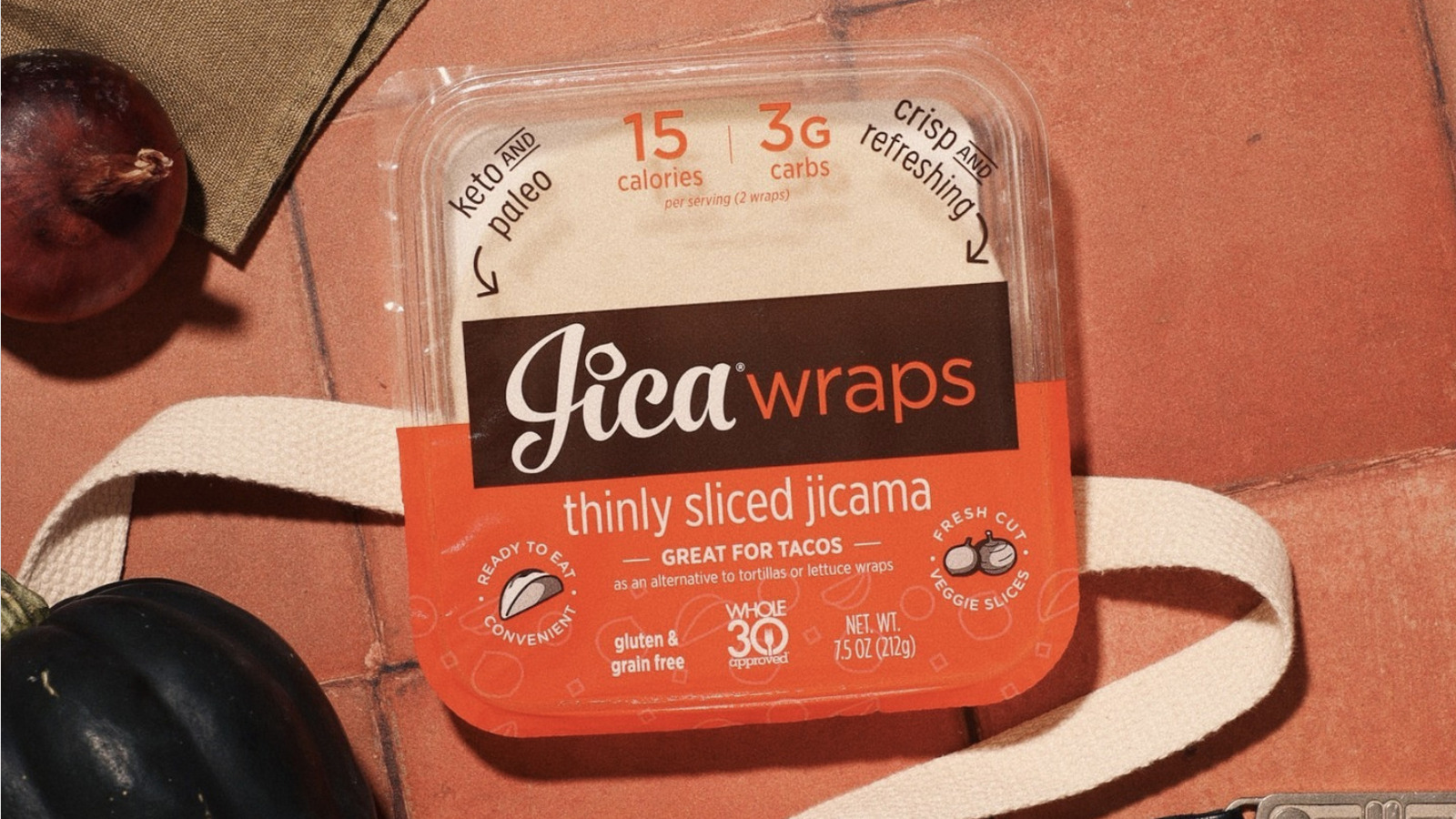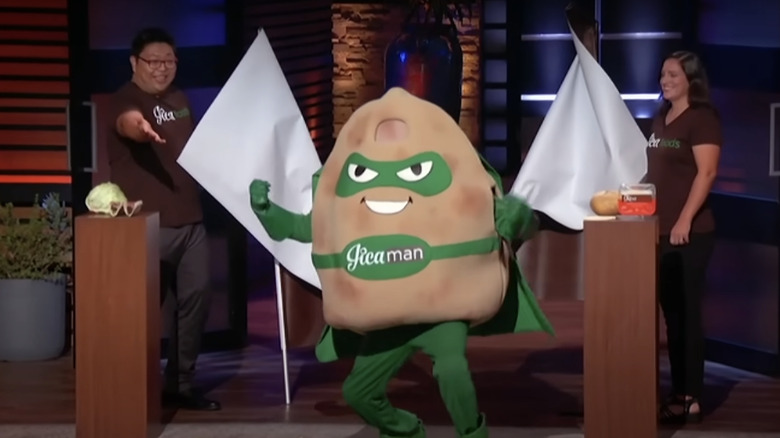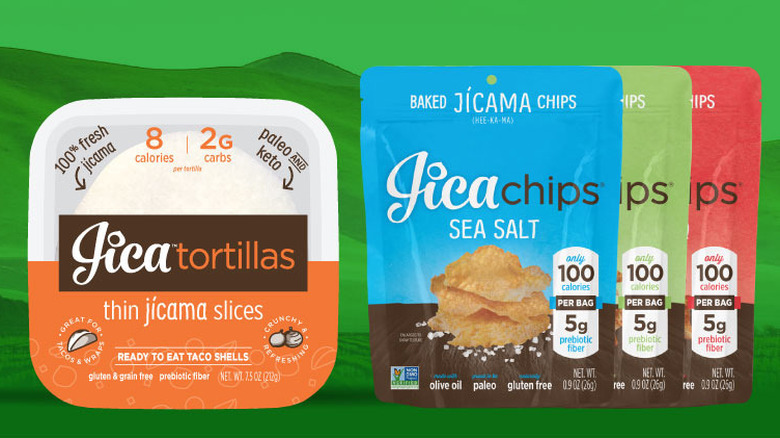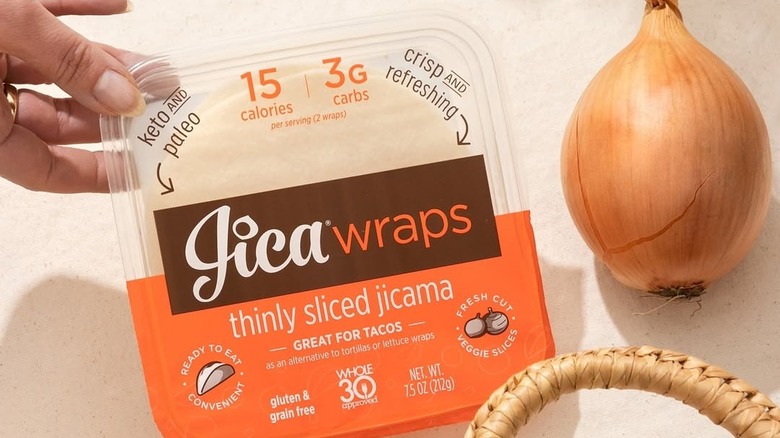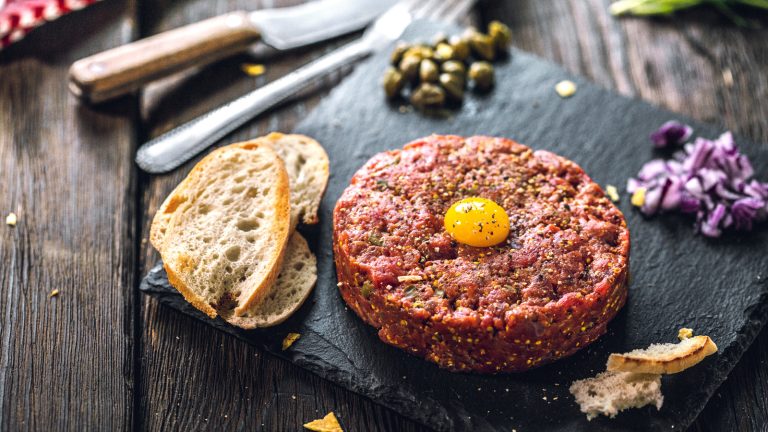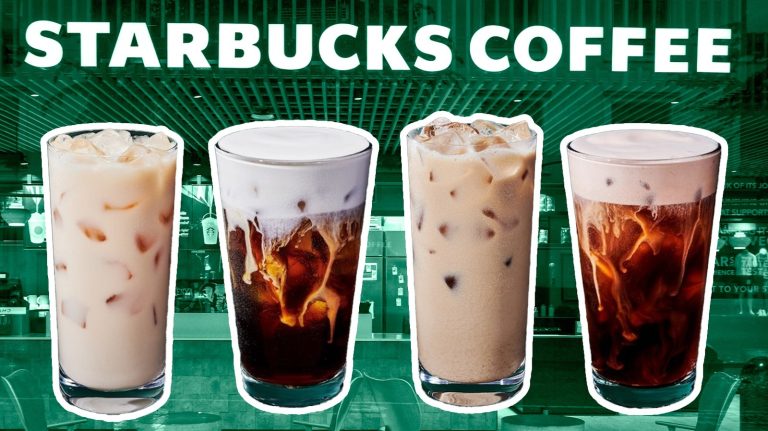The snack food market is a double-sided blade: On one hand, there are few products more popular than crunchy chips and other munchies, but that makes competition unforgivingly fierce. Husband and wife Xin Wang and Melissa Coella-Wang found this out the hard way after they founded JicaChips in 2015. The health food company was eventually rebranded as JicaFoods and found national fame on “Shark Tank” in 2023, making its rough start more interesting in hindsight.
JicaChips sold crispy chips made from jicama, a root vegetable similar to apples and potatoes, but much lower in carbs. Xin and Melissa first fell in love with the nutritious veggie while on vacation in Mexico. They developed and sold their original low-cal jicama chips in New York, and even got help from startup accelerator AccelFoods. JicaChips earned $500,000, but this was far from enough to compete with major snack brands. The couple landed in $70,000 worth of credit card debt, and even had to sell their car and rent out their house as an Airbnb just to get by.
Luckily, a leap out of the snack industry and into the broader health food space saved the brand. In 2019, the founders swapped chips for freshly-cut jicama sticks (aka JicaSticks) for snacking and cooking, such as in air fryer jicama fries, and later released low-calorie, high-fiber JicaWraps. The new JicaFoods found enough success to plunge into “Shark Tank” on Season 14, Episode 10, where Xin and Melissa asked for a $300,000 investment for a 3% stake.
What happened to JicaFoods on Shark Tank?
On “Shark Tank,” Xin Wang and Melissa Coella-Wang spotlighted their JicaFoods tortilla wraps as the ultimate base for low-carb, gluten-free tacos with a superfood boost. A very fitting guest Shark, actor and health mogul Gwyneth Paltrow, was in attendance, and Xin and Melissa had their own special appearance in store. During the presentation, their mascot — a jicama superhero named JicaMan — burst onto the set.
The Sharks seemed impressed by JicaFoods’ stats. In its first year following its rebrand, the company made $1 million, and by 2021, sales equaled $5 million. The founders projected a $6 million profit for 2022, and their products already were available in 700 stores, including Whole Foods and Sprouts Market locations. Xin and Melissa had also struck a deal with Sysco, the number one restaurant supply company in the world. However, Mark Cuban, Lori Greiner, and Paltrow dropped out due to a lack of passion for the products, much to JicaMan’s despair.
Barbara Corcoran made the first offer: $300,000 for a 10% equity plus a share proportional to profits. Just to push her buttons, Kevin O’Leary offered to decrease the stake to 9%. This caused a back-and-forth between the Sharks, with Corcoran advising the couple to go with her over “Mr. Wonderful who thinks he’s much more wonderful than he actually is” (whew!). In the end, Corcoran won by accepting JicaFoods’ final counter-offer of $300,000 for a 6% stake and 3% in advisory shares.
JicaFoods after Shark Tank
The JicaFoods founders (and JicaMan) couldn’t have been more thrilled with their “Shark Tank” success, with Xin calling the deal “insane” and a lifetime dream. The company promoted its TV appearance on Instagram, and soon after, it began collaborating with other major health food brands such as Moon Cheese through social media campaigns and giveaways.
Following its deal with Corcoran, JicaFoods’ product lineup expanded to include “jica de gallo,” a jicama-based version of pico de gallo salsa, in three varieties: mild, hot, and a fruity version with pineapple and cucumber. The company also sold slogan t-shirts at one point. On its website, JicaFoods advertised wholesale services to other businesses, offering its signature jicama wraps and sticks, plus cubes of the veggie and french fry-like matchsticks. Presumably, this service gave restaurants and other vendors a supply of ready-to-prepare jicama, with some profits going to JicaFoods. At the time of writing, the brand’s most recent social media post was a Facebook photo of several products, including bags of JicaChips, perhaps hinting that the snacks were poised to make a comeback.
As of 2025, information on how “Shark Tank” impacted JicaFoods’ profits, as well as statistics on its net worth and sales, is incredibly slim. The founders have publicly revealed little about the company’s prospects.
Is JicaFoods still in business?
Unfortunately, it seems like JicaFoods is no longer in business. Its official website has vanished from its domain, and its Instagram, Facebook, and X (formerly Twitter) accounts have gone dormant. There are no official statements from the founders as to whether or not the brand is permanently shuttered, nor have reasons been given for its disappearance. A possible contributing factor is that JicaFoods products were never available to purchase online – consumers had to find the sticks, wraps, and other goodies at physical stores. In response to customers asking about the lack of an online shop, JicaFoods cited difficulties with shipping its fresh jicama products. On “Shark Tank,” Melissa stated that the shelf life of JicaFoods items was only 19 days.
While online sales aren’t necessarily a must, a small company with niche products like JicaFoods could have benefited from the wider reach and extra profits. Some JicaFoods products are still listed on sites like Whole Foods and Instacart, but attempting to locate a store that actually carries them proves nigh-impossible. Xin and Melissa’s LinkedIn profiles still list them as founders of JicaFoods at the present, but no other info is available as to the couple’s current or future prospects. There is a slim chance that JicaFoods will start spreading jica-love again in the future, but for now, consumers can enjoy the best Shark Tank food products that are still available at the moment.


